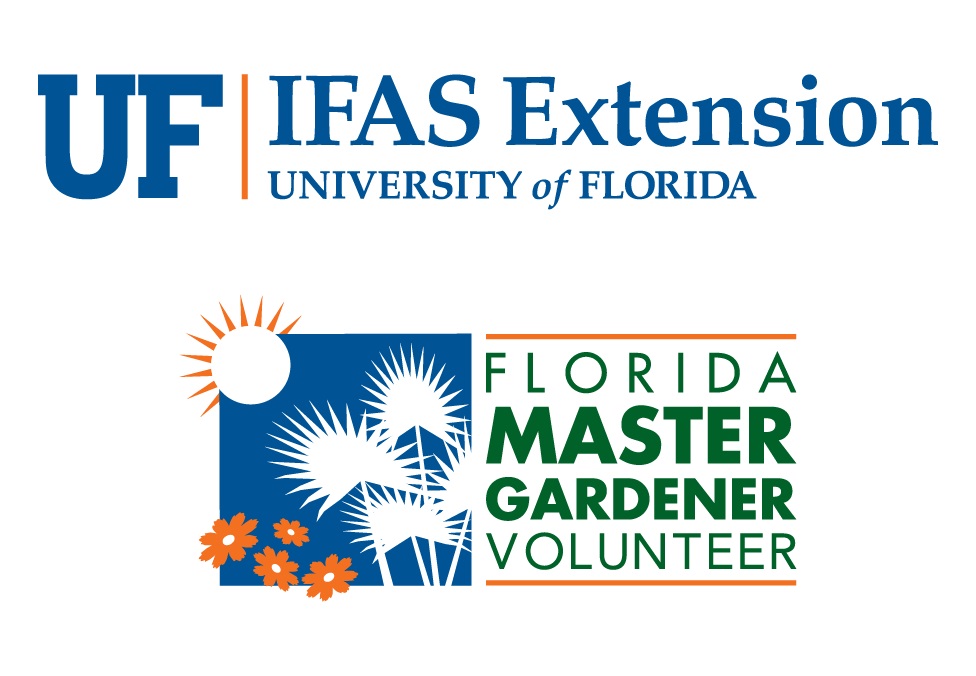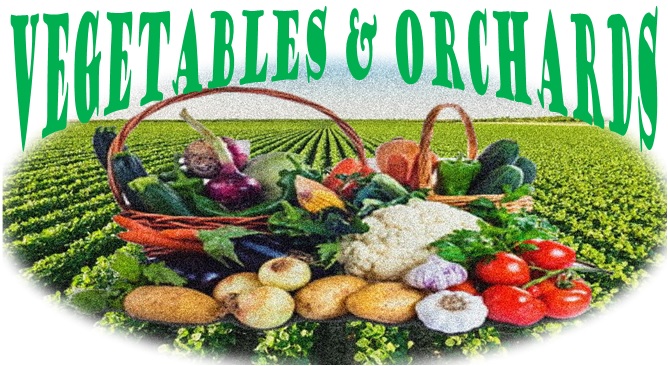Ask Master Gardener Volunteer Linda Clemens
So, you live in Wakulla County now and would like to try your hand at vegetable gardening! Welcome! I am going to outline a few of the things that you need to know and do to make your first garden a success.
First, you need to know a little about our climate and growing environment here in Wakulla. We have warm summers and cool winters, making it possible to grow something in your vegetable garden practically year-round. Our average first frost is November 16, and average last frost is March 29. We receive an average of 59 inches of rain per year, mostly in the summer and winter months. October and May are our driest months. In much of Wakulla County, the soils are very sandy, well-drained, and slightly alkaline. If this is your first garden here, it is a good idea to take a soil sample and have it tested. The Wakulla County Extension Office has sample bags, detailed instructions on the sampling process and help in understanding the results.
Your garden has some basic requirements. Your location will need at least 5 to 6 hours of sun per day. Some shade in the late afternoon is good to protect your plants from our intense summer heat. You will need a nearby source of water to irrigate your new baby plants and to water during dry spells. Depending on the results of your soil test, you may need to add compost, fertilizer or other amendments. Try to find a location away from tree roots, fill and construction debris. Close to the house is nice so you can take your vegetables right into the kitchen to use.
Vegetables can be roughly divided into two types: cool weather and warm weather. The cool weather vegetables do best in late fall, winter and early spring.
Leafy greens like lettuce, spinach, mustard greens and cabbage; root vegetables like carrots, beets and onions; and other things like broccoli, cauliflower and garlic are all cool season vegetables. Tomatoes, squash, corn, bush beans and peppers are examples of warm weather vegetables. They require warmth to grow and are killed by frost. These are the things you should plant in your spring vegetable garden.
For a better change at success, pick varieties of vegetables that do well in hot, humid climates and that tolerate the pests and diseases that are common in this part of Florida. One common problem in Wakulla County is the root knot nematode, a microscopic plant parasite that lives in sandy soil and will consume the roots of tomatoes, peppers, okra and many other plants. Nematode-resistant varieties are available. Tomatoes here are susceptible to early blight, and there are tomato varieties that have been bred to be resistant to this and other blights and diseases. It is hard to grow zucchini and yellow summer squash because of the squash borers that eat the plant stems, but vining squashes like lemon squash produce can prevail over the borers and produce well. You may not be bothered by these pests in your first garden on new soil, but keep them in mind for future years. It is always a good idea to rotate the location of your plants within the garden so you don’t grow the same thing in the same place year after year.
I like to pick plant varieties that are grown successfully in other hot humid areas, like Southeast Asia , the Caribbean or Hawaii. It is always a pleasure to scan heirloom plant catalogs for interesting plant varieties. A good help in picking varieties and on Florida Gardening in general is the Florida Vegetable Gardening Guide, IFAS Publication WH021.
Another good place to look for vegetable plant varieties that do well in this area is Master Gardener Plant sales. The Wakulla County Master Gardener Plant Sale will be held on April 4, 2020 at the Wakulla County Extension Office. Master Gardeners will be there to help you choose the right varieties of vegetable for your garden. Another opportunity is the Leon County Master Gardener Plant Sale, held at the Leon County Extension Office on Paul Russell Road in Tallahassee on the Saturday before Mother’s Day. And if you need advice, call the Wakulla County Extension Office or send us an e-mail with your questions.
So, if I were planting my first ever spring vegetable garden in Wakulla County, I would start small, with maybe an 8 foot by 10 foot space. Two or three tomato plants grown on tomato supports, three or four pepper plants, a hill of cucumbers, and a hill of lemon squash would provide the basics. If you like eggplant, two plants should provide you with all you need for the summer. Green beans are easy to grow from seed and you will have room for a short row if you don’t like eggplant. Basil, lemongrass, catnip, garlic chives, mint and rosemary are herbs that are easy to grow in your Wakulla summer garden. Plant a few marigold or zinnia seeds here and there and you will have a garden that is easy to maintain, productive and pretty, too.
If you have any questions or suggestions for future articles please email to wakullamg@ifas.ufl.edu
| The Institute of Food and Agricultural Sciences (IFAS) is an Equal Opportunity Institution authorized to provide research, educational information, and other services only to individuals and institutions that function with non-discrimination with respect to race, creed, color, religion, age, disability, sex, sexual orientation, marital status, national origin, political opinions, or affiliations. U.S. Department of Agriculture, Cooperative Extension Service, University of Florida, IFAS, Florida A&M University Cooperative Extension Program, and Boards of County Commissioners Cooperating |
 0
0




